Apr 14, 2020

This article outlines our vision of User Research at Cabify. We have a clear mission: to make Cabify an increasingly user-centric organisation and to become a world-class reference of user research in a product team. To reach these goals we have defined a series of principles that guide our actions.
More than guide our day-to-day as researchers, this also works as a common vision that emerges from the diversity of a team of researchers from different disciplines, nationalities and professional backgrounds. It is a key exercise to compile this collective way to do our job. However, these principles are not static statements: they are part of a continuous reflection about the user research discipline and how we do apply it at Cabify.
The main objective of any research team is to understand the users’ needs and expectations to help an organisation build better solutions at all levels. We step back from an opinionated, biased, quick solution-making culture by, first detecting and prioritizing user problems, and then empathising with and deeply understanding them. Although this may seem quite obvious, we find that there are too many times when organizations make decisions that are not based on people’s needs, nor even in problems.
One important part of this job is to evaluate, test and validate solutions in forms of concepts, ideas, proposals, prototypes, features, apps of products and services. However, when research is considered only at the end of the processes, the room for making an impact is lower, since the solution is already partly or fully designed. The greatest value, impact, and time-cost-efficiency of research is found when focusing on exploring at the beginning of any project and the main objective is understanding the context, current experiences and lifestyles of the users. This approach brings a kind of output that allows us to have a much broader and flexible range of alternative solutions. In this post where Alfredo Tarre writes about these principles it reads: “A user test on a finished product is not an investigation, it is an autopsy”.

In our industry, the competition today is about being meaningful, personally significant. To compete in the current market, the experience, design and solutions that we deliver must be meaningful at an individual level. To understand how can we be meaningful we need to deepen into needs, wishes, expectations, motivations, fears, and emotions. The market maturity has in many cases overcome previous steps and competition is not only anymore about being trustable, nor functional, nor usable, not even only memorable.
The data we deal with needs to go beyond opinions to explain people’ needs, desires, fears and expectations. Only if we are also extremely attentive to their behaviours and current and past experiences will we be able to get the whole picture. We think that beliefs, judgements, suggestions, guessings or opinions are important, but they’re also theoretical, fictitious, projective and/or sometimes even FALSE!. We need to explain how these are landed in specific behaviours or experiences in a given context. All these ingredients (opinions, behaviours and experiences) give us a complete understanding of temporal (past, present, future), conscious (declared, untold, thought, unconscious, unknown) and other layers of knowledge that we will find going beyond opinions.

Besides analysing experiences and behaviours, we try to go beyond and reveal which elements motivate and drive these. One of the main mistakes in research, especially in the technology industry, is to only study the interaction between a user and the technical aspects of a product. If this assumption guides the analysis, more complex (and sometimes unconscious) behavioural, functional and emotional needs can be left out. All these aspects have to be considered for a more complete, deep and valid analysis. Find whys in fieldwork, and then search for the relevancy of these whys in analysis.
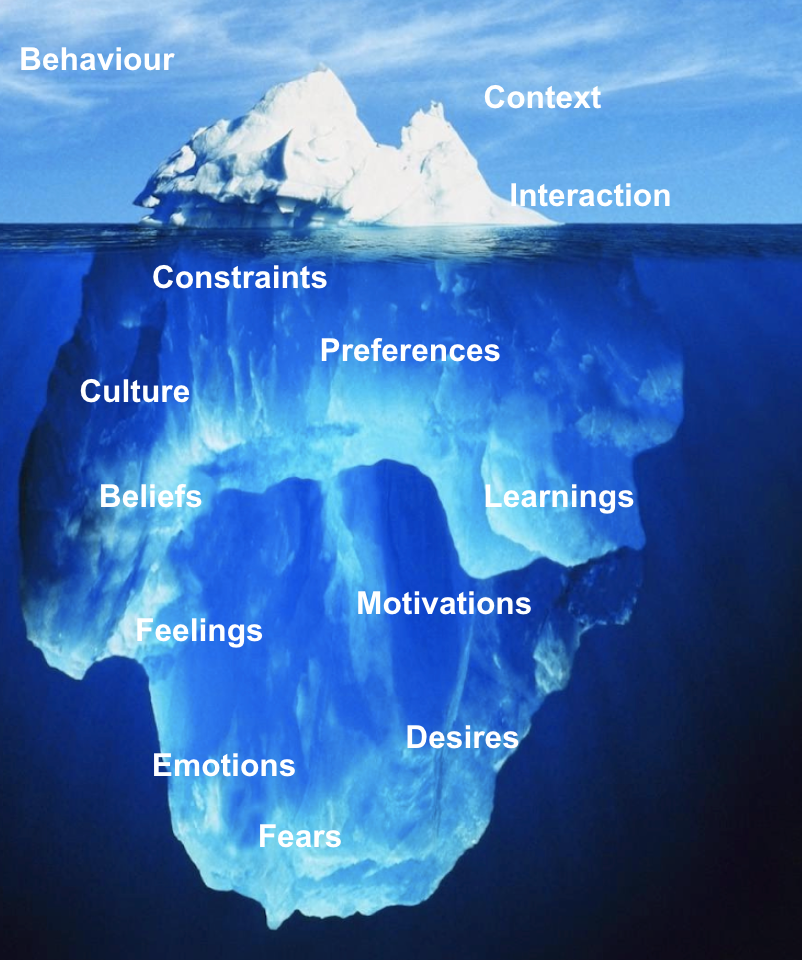
Insights do not come directly from the fieldwork, they are produced by the researchers when analysing and synthesising the information. This is the professional researcher’s core value. There is a big difference between describing a given reality and to build new knowledge that helps to sythetise this reality. This all comes from a rigorous, methodical, deep, generative, and intersubjective data analysis. Give a lot of space to this process.
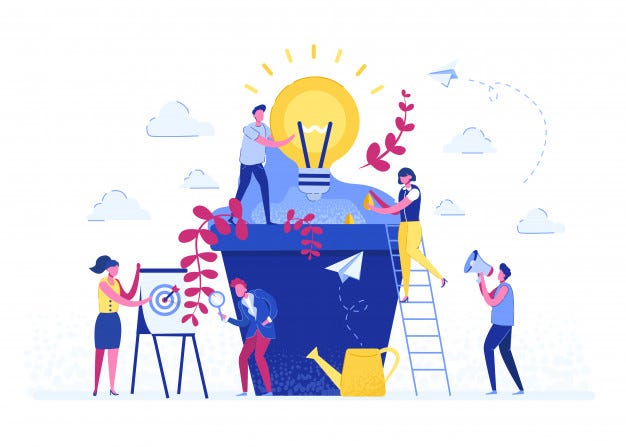
By default, we always think twice after reusing or inheriting formulas, methodologies, frameworks, toolkits or approaches that in the past have been successful for us or others. We believe that every research problem is different and must be potentially treated, designed and executed in a brand new way. We of course also work hard on having some ideal standards in our processes, workflows and materials, so we can be more efficient and our work can scale better, but there are plenty of decisions that need to be made ad hoc. We are of course aware of the complexity that this vision brings to every project definition and execution, but still think that it is totally worthy. In the end we believe that process cannot be separated from content. And content is king.

For us, working in teams of at least two different researchers with different singularities is the way of going from subjectivity to intersubjectivity, from opinion to insights. Even experienced researchers working alone can be negatively influenced by their biases, personality, context and knowledge. Two brains work not only better, but differently than one, and in this discipline this is key. This also allows to somehow constantly autoreview the generated materials and reports, although an external reviewer is always recommended.
“If it were an object, it would be objective. But I am a subject, so I am subjective”. José Bergamín
To prioritize means that what is important today, can change tomorrow. We are extremely attentive to the organization’s needs for information and constantly try to cleverly choose where and what to research. When something important comes up, or the context, market, or strategy suddenly changes, we are ready and willing to switch direction and go for what is relevant and impactful. This way we ensure the alignment of our team focus with the product and business needs in every moment. For this reason, we decide not to be embedded in framework-based methodologies as they require mid term planning that would not allow us to be flexible and attentive enough to the contextual immediate research needs.
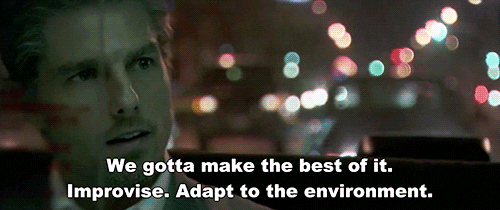
The last intention is to create actionable knowledge. Our mission is to inspire the organisation and deliver aspirations that come from the needs of our users. When we start a project, even if we have strong hypotheses, we are open to reject them if the analysis indicates that. The final objective is to purposely (and purposely naively) gather a pure and unbiased understanding of people’s needs regardless of technological limitations, economic viability or business interests. But after that, we also have the responsibility to share our learnings to inspire, help, influence, and push all of the organisation to make realistic and user-centered product and business decisions. We are not satisfied with describing a reality (the whats), not even with analyzing it (the whys). We only stop when we are able to interpret how it is impactful for Cabify and the communities that surround it (the so whats).
User researcher's fallacy: "My job is to learn about users". Truth: "My job is to help my team learn about users". #ux
— Caroline Jarrett (@cjforms) July 4, 2014
We are responsible for quality, scientific, trustable research that can be used with confidence for decision making. Of course we can also bring mistaken, mis/under/overinterpreted, or biased conclusions, but not having professional researchers magnify this risk to unacceptable levels. Only researchers can ensure a proper translation of business problems into research objectives and methodology to explain them, develop fieldwork dynamics that guarantee the needed discourse depth, and generate an analysis-synthesis process that allows to generate meaningful, actionable and relevant knowledge.
Thanks to Alfredo Tarre for making us think further on this.
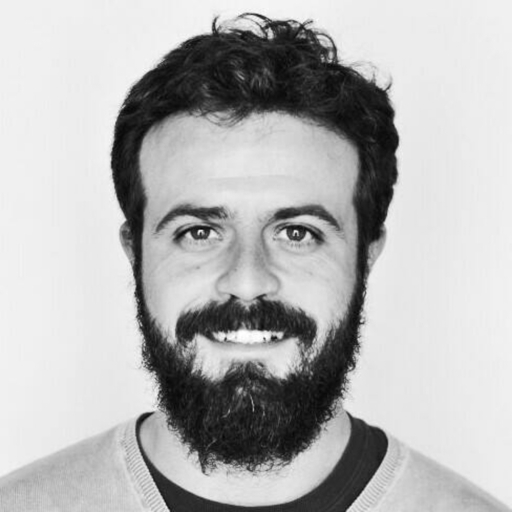
Head of User Research
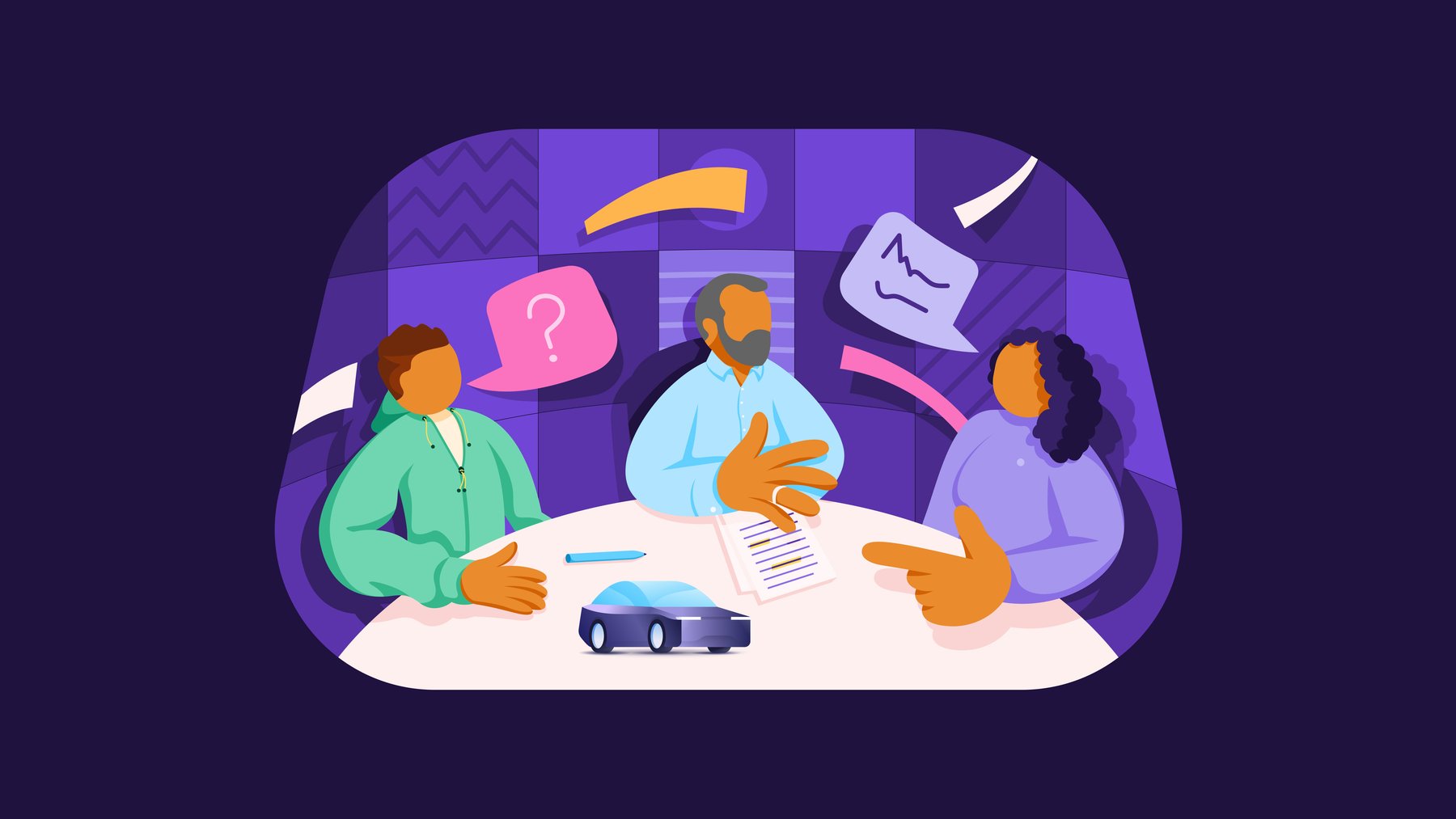
Jan 28, 2026

Dec 18, 2025

Dec 10, 2025

Dec 03, 2025

Nov 26, 2025

Nov 20, 2025

Nov 11, 2025

Oct 27, 2025